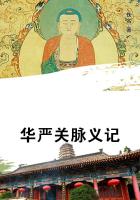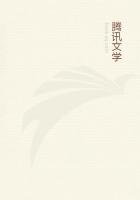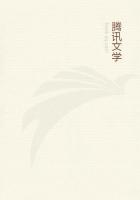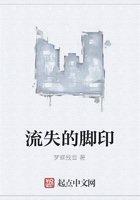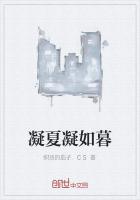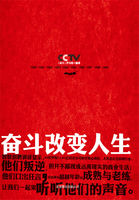47. And thus came in the use of money; some lasting thing that men might keep without spoiling, and that, by mutual consent, men would take in exchange for the truly useful but perishable supports of life.
48. And as different degrees of industry were apt to give men possessions in different proportions, so this invention of money gave them the opportunity to continue and enlarge them. For supposing an island, separate from all possible commerce with the rest of the world, wherein there were but a hundred families, but there were sheep, horses, and cows, with other useful animals, wholesome fruits, and land enough for corn for a hundred thousand times as many, but nothing in the island, either because of its commonness or perishableness, fit to supply the place of money. What reason could any one have there to enlarge his possessions beyond the use of his family, and a plentiful supply to its consumption, either in what their own industry produced, or they could barter for like perishable, useful commodities with others? Where there is not something both lasting and scarce, and so valuable to be hoarded up, there men will not be apt to enlarge their possessions of land, were it never so rich, never so free for them to take. For I ask, what would a man value ten thousand or an hundred thousand acres of excellent land, ready cultivated and well stocked, too, with cattle, in the middle of the inland parts of America, where he had no hopes of commerce with other parts of the world, to draw money to him by the sale of the product? It would not be worth the enclosing, and we should see him give up again to the wild common of Nature whatever was more than would supply the conveniences of life, to be had there for him and his family.
49. Thus, in the beginning, all the world was America, and more so than that is now; for no such thing as money was anywhere known.
Find out something that hath the use and value of money amongst his neighbours, you shall see the same man will begin presently to enlarge his possessions.
50. But, since gold and silver, being little useful to the life of man, in proportion to food, raiment, and carriage, has its value only from the consent of men- whereof labour yet makes in great part the measure- it is plain that the consent of men have agreed to a disproportionate and unequal possession of the earth- I mean out of the bounds of society and compact; for in governments the laws regulate it; they having, by consent, found out and agreed in a way how a man may, rightfully and without injury, possess more than he himself can make use of by receiving gold and silver, which may continue long in a man's possession without decaying for the overplus, and agreeing those metals should have a value.
51. And thus, I think, it is very easy to conceive, without any difficulty, how labour could at first begin a title of property in the common things of Nature, and how the spending it upon our uses bounded it; so that there could then be no reason of quarrelling about title, nor any doubt about the largeness of possession it gave. Right and conveniency went together. For as a man had a right to all he could employ his labour upon, so he had no temptation to labour for more than he could make use of. This left no room for controversy about the title, nor for encroachment on the right of others. What portion a man carved to himself was easily seen; and it was useless, as well as dishonest, to carve himself too much, or take more than he needed.

